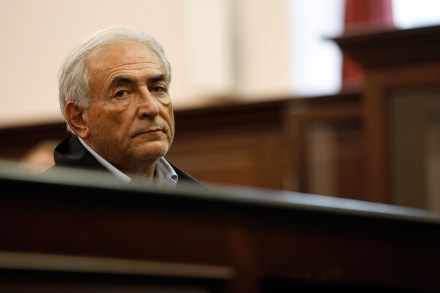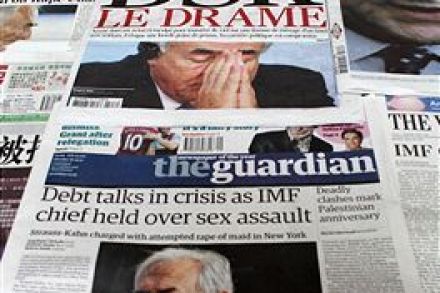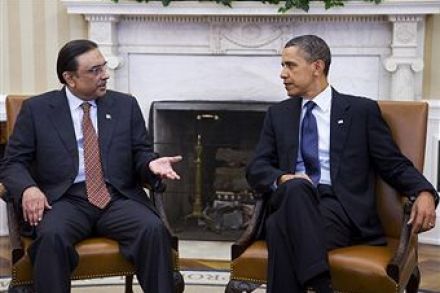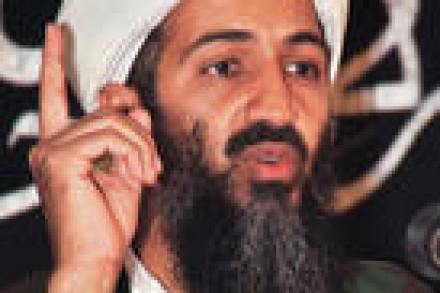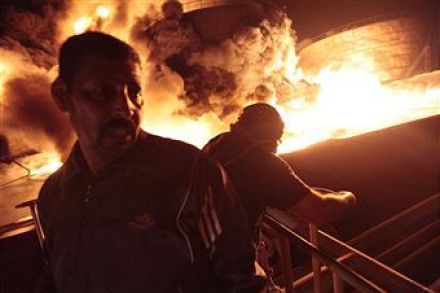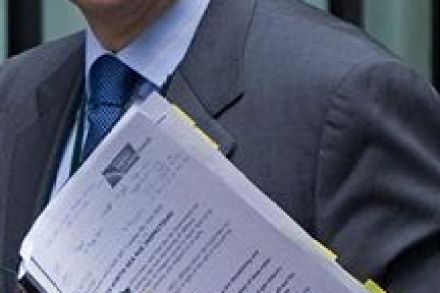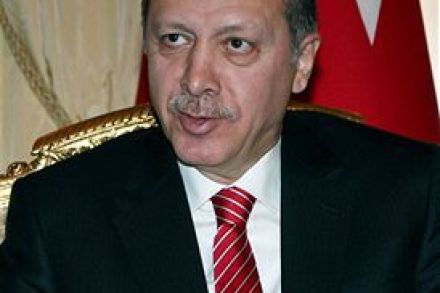DSK resigns from IMF
The IMF has issued three press releases on Dominique Strauss-Kahn since his arrest last week, but none more resonant than the latest. It contains this statement from their now former-Managing Director: Ladies and Gentlemen of the Board, It is with infinite sadness that I feel compelled today to present to the Executive Board my resignation from my post of Managing Director of the IMF. I think at this time first of my wife—whom I love more than anything—of my children, of my family, of my friends. I think also of my colleagues at the Fund; together we have accomplished such great things over the last three years and more. To
